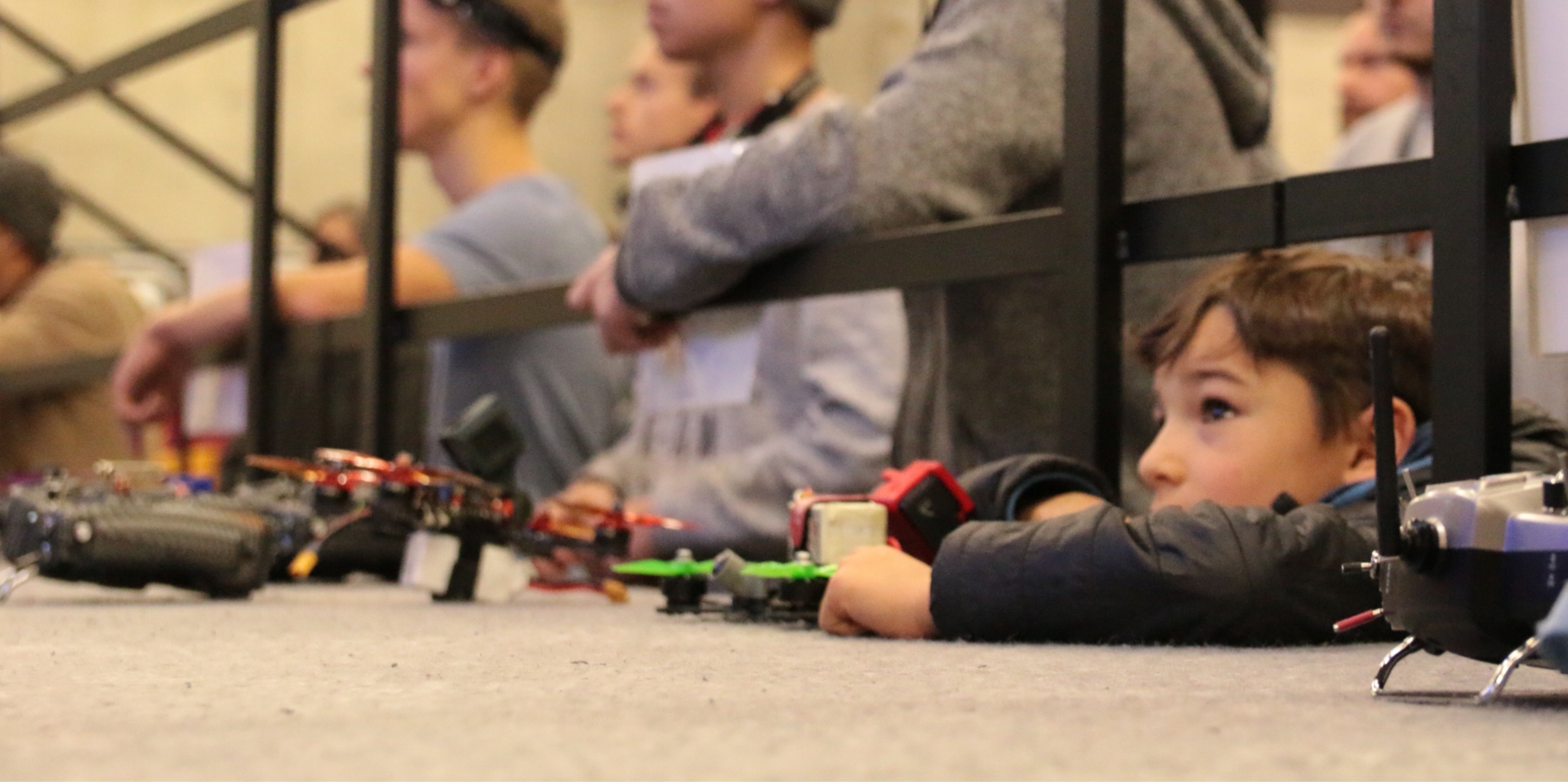Esports is the term used for professional gaming. The “E” stands for “electronic”. As in traditional sports, athletes train alone or in teams for hours – mentally, physically and ingame – and then compete in leagues and tournaments.
Absolutely yes. Most experts agree that esports fulfils most of the criteria that make a sport a sport. Esports athletes need to be physically fit, eat a healthy diet and follow an intensive training schedule. Esports leagues and teams are professionally organized and the International Olympic Committee is considering whether to include esports as an official discipline in the Olympic Games.
At LAN parties, gamers meet at an offline event, i.e. in real life. They spend a weekend in a hall with their computers, monitors and games. They play tournaments together and have drinks at the bar. Since gamers usually meet online, LAN parties have become very popular in recent years. The biggest LAN party in Switzerland is the SwitzerLAN, organised by MYI Entertainment. It takes place every autumn in Bern.
Some games “reward” player achievements with lootboxes. However, lootboxes can often also be bought for real money. They are usually virtual chests or boxes that contain random in-game items. Experts disagree on whether buying loot boxes counts as gambling. In most cases, it is not worth spending money on them.
Source: Medienkompetenz-Ratgeber von Jugend und Medien & ZHAW (S. 36)
- Children under 6 should not spend more than 30 minutes a day in front of the screen.
- Children between 6 and 9 can spend 30 to 60 minutes on devices.
- For children between 10 and 13, 60 to 90 minutes is recommended as an upper limit.
In many games, it is possible to buy items for real money. This method is especially popular with young players. Keep an eye on your child’s purchases or make a rule (e.g. washing the dishes twice a week gives you a Lootbox). Lootboxes are usually virtual chests or boxes that contain random in-game items.
A good place to start is the Discord-channel von mYinsanity, the largest esports organisation in Switzerland. Many Swiss gamers are active there and you can network with them.
It’s also worth taking a look at Twitter, TikTok and Instagram. Promising profiles are SwitzerLAN, Swisscom Gaming or eSports.ch and the corresponding comment columns.

